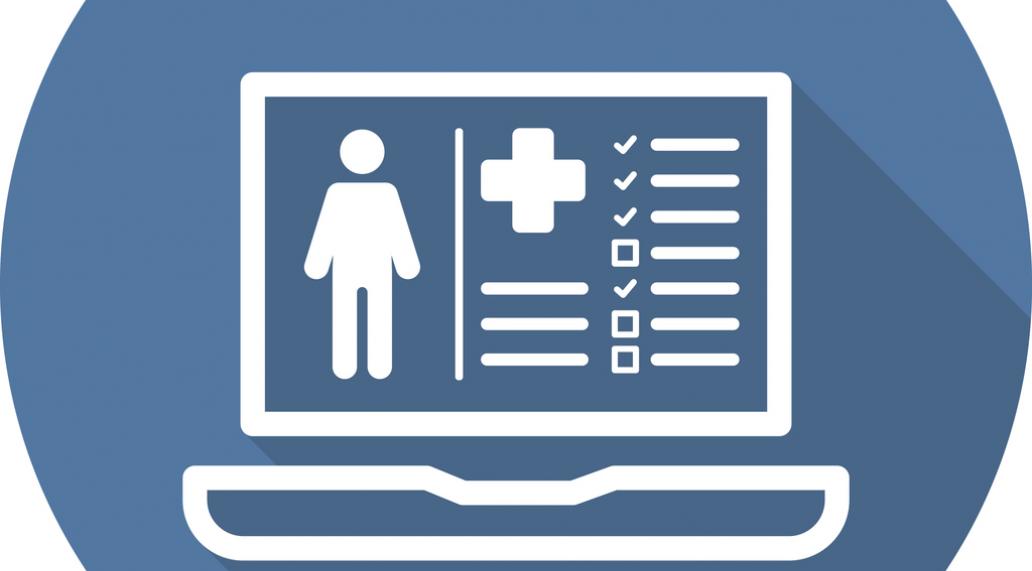
Leaving the hospital doesn't always mean fully recovered.
About one in ten required medical follow-up care after discharge, according to the Federal Statistical Office.
To ensure seamless care, discharge management was made mandatory on October 1, 2017.
All clinics must, since then, organize subsequent medical care for patients who have been treated as inpatients, for partial hospitalization, or with equivalent services, according to clearly defined responsibilities and binding standards.
Continuation of care ensured
Previously, patients who needed further treatment had to see a private physician shortly after discharge so that this doctor could take over the medical follow-up care. This was associated with a significant additional effort not only for the patients, but often also for their relatives," says Kerstin Berger from famPLUS.
She is convinced that discharge management now relieves patients and their relatives. While the patient is still in the hospital, the attending physicians must determine what support is needed after discharge, if the patient wishes so.
If the patient has consented to discharge management, the hospital will coordinate the new or altered care requirements with the respective health insurance for the following areas: nursing care, home care, home nursing, household supplies, rehabilitation, aids, as well as services requiring approval for the necessary follow-up care.
This ensures that by the time of discharge, all relevant information is already available to the subsequent treating physicians, therapists, rehabilitation facilities, nursing homes, and outpatient care services. Naturally, always in compliance with data protection regulations.
Regulations by Hospital Doctors
To ensure that medical care is also guaranteed, since October 1, 2017, hospital doctors can prescribe medication, bandages, therapeutic and auxiliary aids, as well as home nursing care and sociotherapy for up to seven days. However, only the smallest package (size N1) is allowed, and the same regulations apply to them as to contract doctors. This means that they are obligated to be economical, among other things. Additionally, they can issue a certificate of incapacity for work for up to one week.
Care in the Home Environment
If patients cannot take care of themselves after discharge, the hospital or rehabilitation facility must also provide support," says Berger. The respective contacts can be inquired at the facility's switchboard or researched online. However, since it can sometimes be difficult to reach the responsible contacts, she advises family members: "Send a fax to the responsible person and inform them that care in the home environment cannot be ensured. It's best to request a callback. You can also inform the attending doctor or the ward nurse and ask for support.
If it concerns the organization of social services, care, or patient transfer, the health insurance companies are called upon. They must ensure that qualified contacts are always reachable by phone during business hours.
To ensure a seamless supply g guaranteed in the home environment as well, the expert from famPLUS advises clarify the following points before discharge from the hospital:
- Is the transport of the patient from the hospital to home organized?
- Is care and support in the home environment ensured from the day of discharge?
- If not, can you organize care and support through, for example, a nursing service?
- Is the funding for care secured?
Good to know: For patients with a care level, there are financial support options available through the nursing care fund or the social welfare office.
- Are the necessary (care) aids such as a care bed, incontinence materials, or a walker already available? Who can advise you on how to use these aids?
- Are additional assistance services, such as "meals on wheels" or an emergency call system, needed?
For the day of discharge, she advises:
- Make sure that a (preliminary) discharge letter is provided. This is important for the doctor continuing your treatment and also contains information about which medications you or your relative need. If new medications are needed, you should go to the family doctor immediately to get a prescription. If the family doctor is not available, the hospital doctors can provide the medications until the next working day.
- If home nursing care is necessary, the hospital can prescribe it for up to seven days.
- If you require (nursing) aids, you should have the prescription handed over to you by now.
- Get the regulation on treatment care so that you know how the medication needs to be administered and, if necessary, how to change the dressing.
- Schedule the follow-up appointments as soon as possible.
Again and again, despite the best possible organization, unexpected challenges arise," can Berger reports from experience. "That's when we at famPLUS come into play and help, for example, with applying for care benefits or reclassification, preparing for the MDK (Medical Service of Health Insurance) assessment, adjusting existing care services, care allowance-care service combination benefits, but also in finding an outpatient care service or a residential care facility, e.g., for short-term care.
famPLUS - Together for your personal PLUS!


